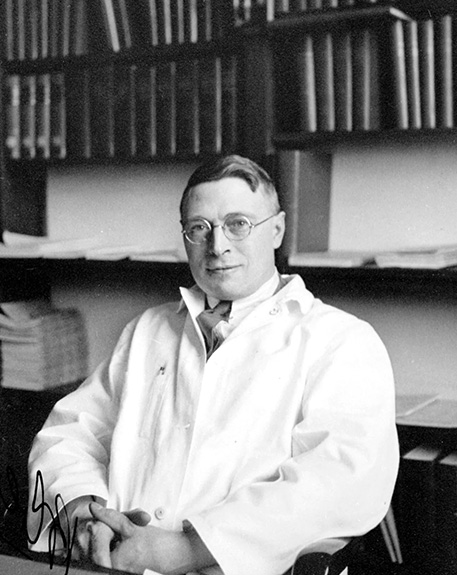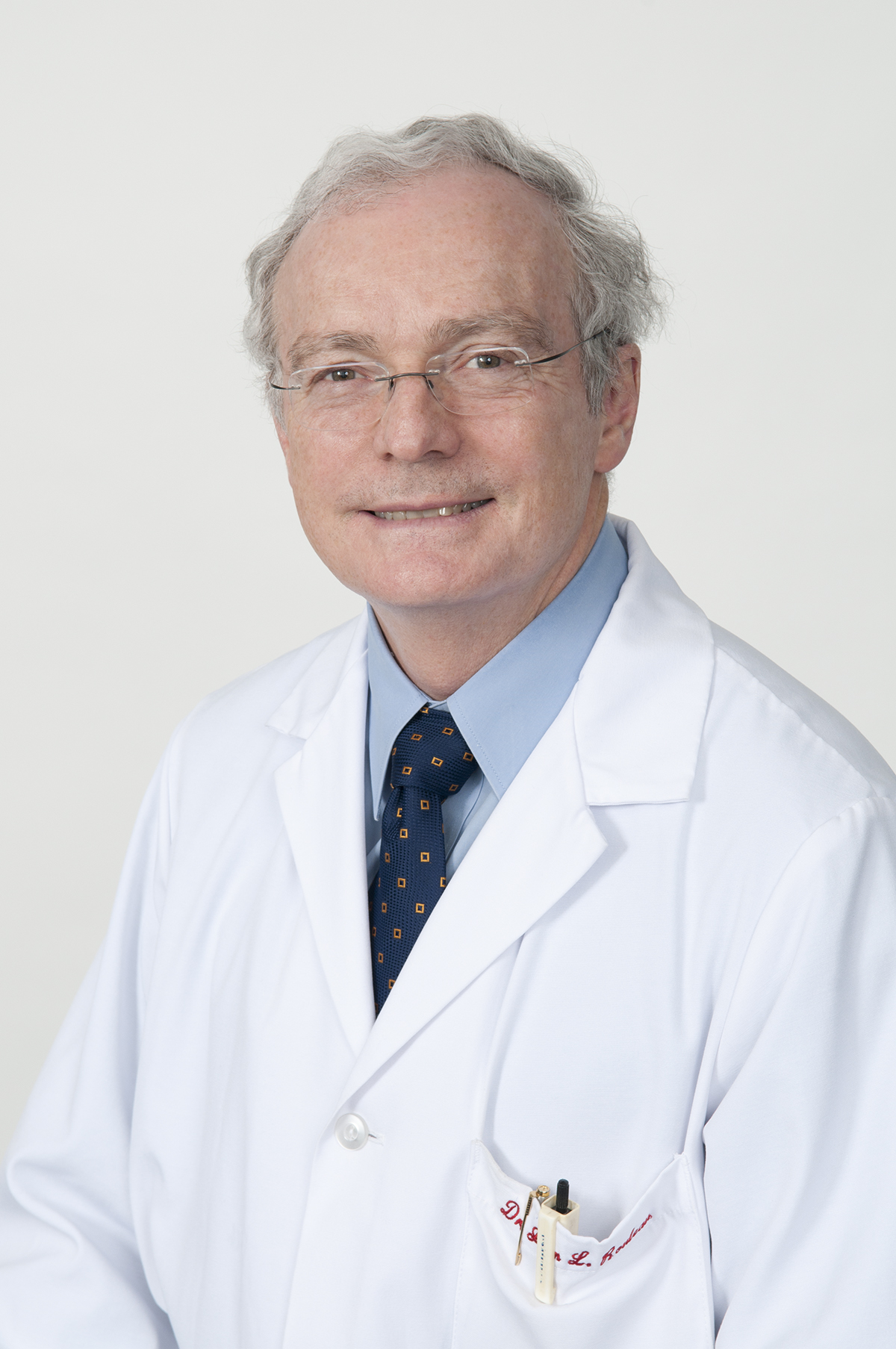2012 INDUCTEE Armand Frappier, MD Infectious Disease, Allergy & Immunity, Leadership in Organizational Development, The Early Days - Health Care Pioneers
November 26, 1904
(Salaberry-de-Valleyfield, Québec )
December 17, 1991
MD, Université de Montréal (1930)
1985: Grand officier de l’Ordre national du Québec
1979: FNG Starr Medal, Canadian Medical Association
See All AwardsAwards & Honours:
1985: Grand officier de l’Ordre national du Québec
1979: FNG Starr Medal, Canadian Medical Association
1979: Thomas W. Eadie Medal, Royal Society of Canada
1978: Honorary Degree, Krakow University
1978: Honorary Degree, Université de Québec
1977: Foreign Association of the National Academy of Medicine, Paris
1976: Honorary Degree, Université de Montréal
1971: Honorary Degree, Laval University
1969: Companion of the Order of Canada
1964: Honorary Degree, Université de Paris
1951: Medal of the Officier d’Académie de France
Officer of the Order of the British Empire
Fellow of the Royal Society
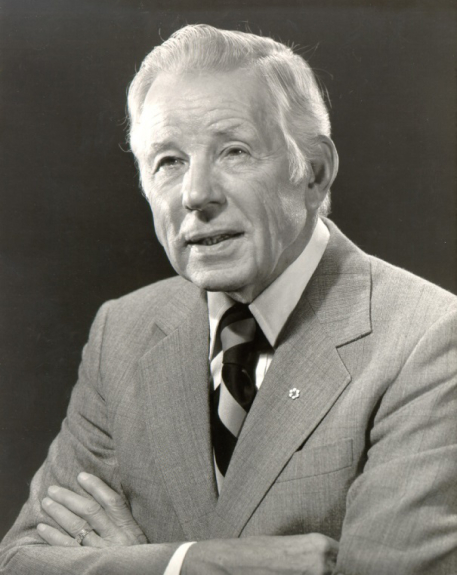
Pioneer in microbiological research and preventive medicine
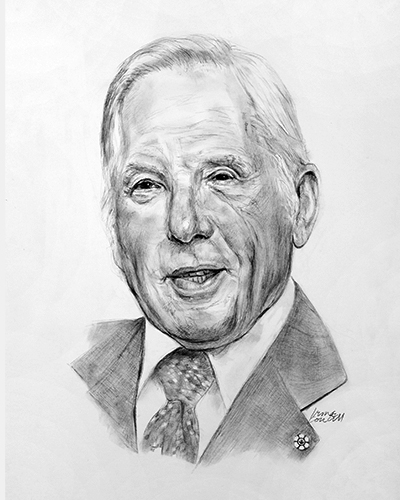
Champion disease fighter
Born in Salaberry-de-Valleyfield, Quebec, the direction of Dr. Frappier’s life and work was forever changed when his mother died of tuberculosis when he was nineteen years old. From that moment, Dr. Frappier decided to pursue a career in medicine. Graduating his degree from the University of Montréal in 1930, Dr. Frappier spent two years at the Institut Pasteur in Paris working with the developers of the tuberculosis vaccine strain Bacille Calmette-Guérin (BCG) before returning to become director of laboratories for the Saint-Luc Hospital. Soon after, he founded and directed the Institut of microbologie et d’hyiène de Montreal. Over his long career, Dr. Frappier became the driving force behind anti-tuberculosis vaccinations, and a major figure in the development of public health as well as in the advancement of research in infectious diseases.
Key Facts
The Institut became the second lab in the world, after a lab in France, to produce the BCG vaccine for tuberculosis
Won an Order of the British Empire for his service in WWII supplying human serum to the Allied Forces in Europe
Demonstrated the effect of BCG vaccination in reducing mortality due to childhood leukemia
His vision and active participation in the Institut brought about the production of vaccines for diphtheria, whooping cough, and tetanus as well as the antibiotics gramicidin and penicillin
Professional timeline
Impact on lives today
As founder and director of the Institut of microbiologie et d’hygiène de Montreal, Dr. Frappier raised the standard of microbiology research in Canada. His work on the BCG vaccine and his efforts to sustain widespread vaccination programs across the country played an important role in the advancement of Canada’s public health system. Today, the Institut Armand-Frappier, renamed in 1975, remains an internationally recognized centre of research excellence, public health advocacy, and a producer of biological products.
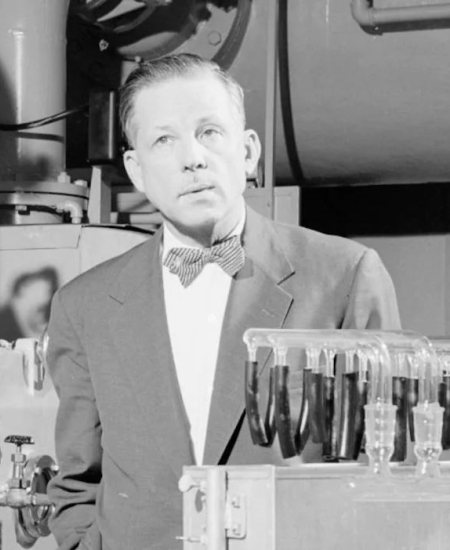
2012
-
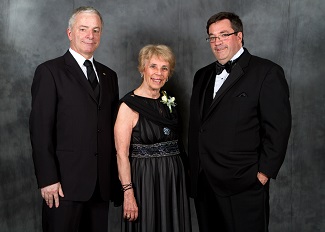
Armand Frappier posthumously inducted into the Canadian Medical Hall of Fame
Toronto, Ontario
-
The Institut de Microbiologie et d’Hygiène de Montreal became a member of the International Network of Pasteur Institutes, connecting the Institut to a global community of microbiological researchers.
Infectious Disease, Allergy & Immunity -
The Institut de Microbiologie et d’Hygiène de Montreal became the Institut Armand-Frappier to honour the legacy of its founder.
Leadership in Organizational Development, Infectious Disease, Allergy & Immunity -
During the poliomyelitis epidemic of the 1950s, Dr. Armand Frappier pioneered virology and introduced the Salk vaccine to Canada
Leadership in Organizational Development, The Early Days - Health Care Pioneers, Infectious Disease, Allergy & ImmunityHe was also responsible for the creation of the first Human Diagnostic Virology Laboratory in Quebec.
-
Quebec’s First Medical Research Institute
Infectious Disease, Allergy & ImmunityDr. Frappier created the Institut de Microbiologie et d’Hygiène de Montreal, the first institution in Québec dedicated to medical research. It was soon associated with the University of Montreal where Dr. Frappier influenced a new generation of microbiologists.
-
Armand Frappier became an advocate for full-scale, anti-tuberculosis vaccinations in North America using the BCG vaccine
Infectious Disease, Allergy & ImmunityThis innovative work resulted in vaccine records that are still used for epidemiological studies linking vaccination to unexpected beneficial effects.
1930
Be a voice, not an echo.

